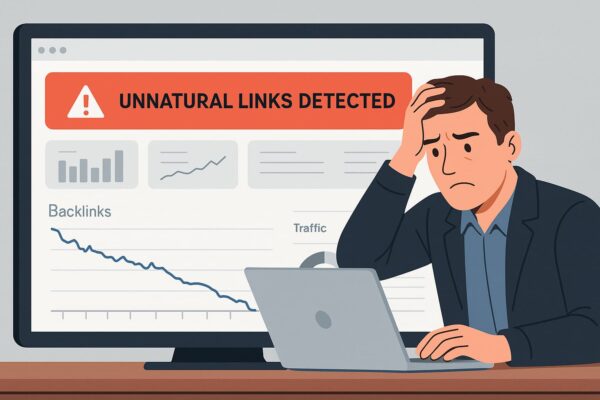Getting health care without insurance can be complicated, but there are several options for people who need to get treatment but don’t have health insurance. Here are some ways it can be done:
Medical care through low-income programs
Medicaid and CHIP: Some countries and states have programs for low-income people, such as Medicaid in the United States, that can cover medical expenses even for those without insurance. CHIP (Children’s Health Insurance Program) provides health care for children in low-income families.
Low-income health clinics: Many neighborhoods have free or low-cost clinics for people with limited financial resources. These clinics often provide basic health care, including doctor’s consultations, lab tests, and chronic disease management.
Hospitals that provide care without insurance
Many hospitals are required to provide emergency medical care even if the patient does not have insurance under the Emergency Medical Treatment Act (EMTALA) in the United States. Hospitals cannot refuse admission if a patient needs emergency care. However, treatment can be expensive and hospitals may offer a program to pay the bill in installments.
Discounts and assistance programs
Some medical facilities and private clinics offer discounts for patients without insurance. It is important to ask for information about discounts or social programs for people with limited ability to pay for medical services.
Community and charitable organizations
Some community and charitable organizations help people without insurance get health care. These may be nonprofit organizations, churches, or other groups that provide free medical events, medications, or help with health care costs.
Visiting a health center or pharmacy
Some health centers or pharmacies provide basic services (like immunizations, infection treatments, diabetes screenings) for a lower price or for free if you can’t afford insurance.
Telehealth
Many telemedicine services offer consultations with doctors at an affordable price, often much cheaper than an in-person appointment. This can be a convenient option for getting counseling for uncomplicated problems.
Government subsidy programs
Some countries have programs that subsidize medical care for people without insurance. An example is a program to reduce the cost of health care services offered by government agencies in countries with health care systems that focus on helping all citizens, regardless of insurance.
Negotiating the cost of care
If you do not have insurance, it is important to talk to the facility or doctor about the cost of treatment and try to negotiate a price reduction or installment plan. Some medical facilities offer discounts to patients without insurance to make payment easier.
Using a pharmacy program to get medications at affordable prices
Some pharmacies and programs offer discounts on medications for people without health insurance. This can significantly reduce the cost of needed medications.
Conclusion
If you do not have insurance, it is important to research all available options and not put off getting the medical care you need. Regardless of your financial situation, there are many ways to lower your medical costs and get help.



